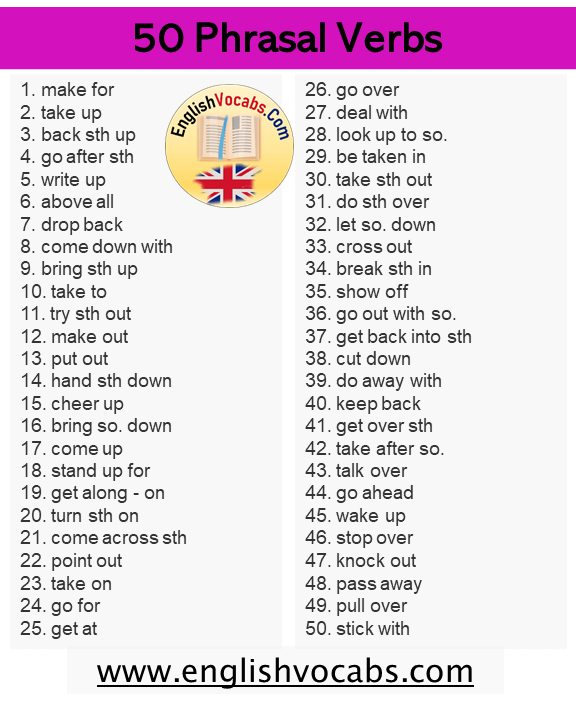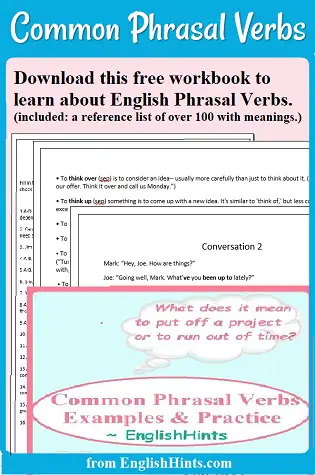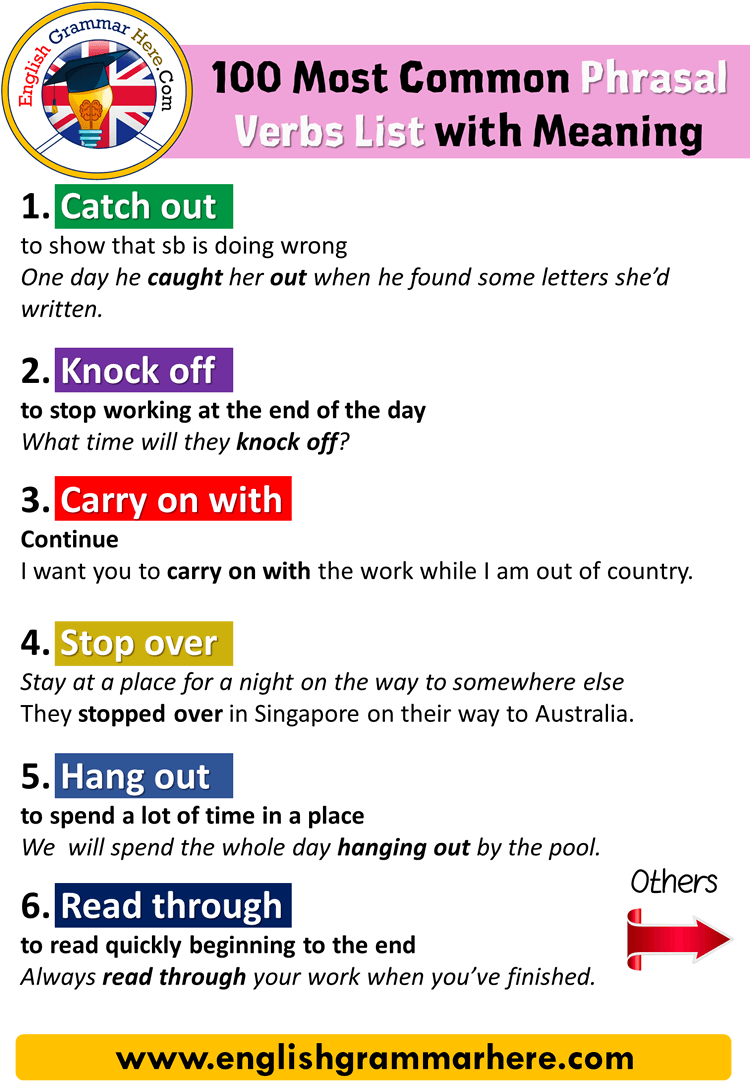

TRANSITIVE VERB: A Transitive Verb is a Verb that denotes an action which passes over from the doer or Subject to an object The action verbs are divided into two classes:ġ. Action verbs or Doing verbs: The verbs which tell us about action are called action or doing verbs. Helping verbs: We can add not or n’t directly to the verb.


They do not give any meaning bout they are used to describe a subject. They tell us about a state of being of existence. These verbs do not show action they are verbs of being. ‘Be’ verbs: A verb which says something about a subject is called telling or saying verb. Verb comes from the LATIN verbum, a word. The verb is the most important word in a sentence.ĭefinition 2: A VERB is a word that tells or asserts something about a person or thing. Students of English who want to learn more should consult a good reference work, such as Swan's Practical English Usage.Definition 1: A VERB is a word which tells us about an action or an occurrence or a state of someone or something.

Important: The explanations and examples on this page are just an introduction to this extensive and complex area of English grammar. For example: Must I come? ( Do I must come?), or: He shouldn't smoke ( He doesn't should smoke). They do not need an additional auxiliary in negatives or questions. I would love to be able to play the piano. I'm not sure if I will be able to come to your party. I haven't been able to solve this problem. I couldn't/wasn't able to walk until I was 3 years old. You'll have to work hard if you want to pass the exams. She's had to return to Korea at short notice. The modals must and can need substitute verbs to express obligation or ability in the different tenses. They do not change their form (spelling) and they have no infinitive or participle (past/present). Below is a list showing the most useful modals and their most common meanings: They are used with other verbs to express ability, obligation, possibility, and so on. The modal verbs include can, must, may, might, will, would, should.


 0 kommentar(er)
0 kommentar(er)
